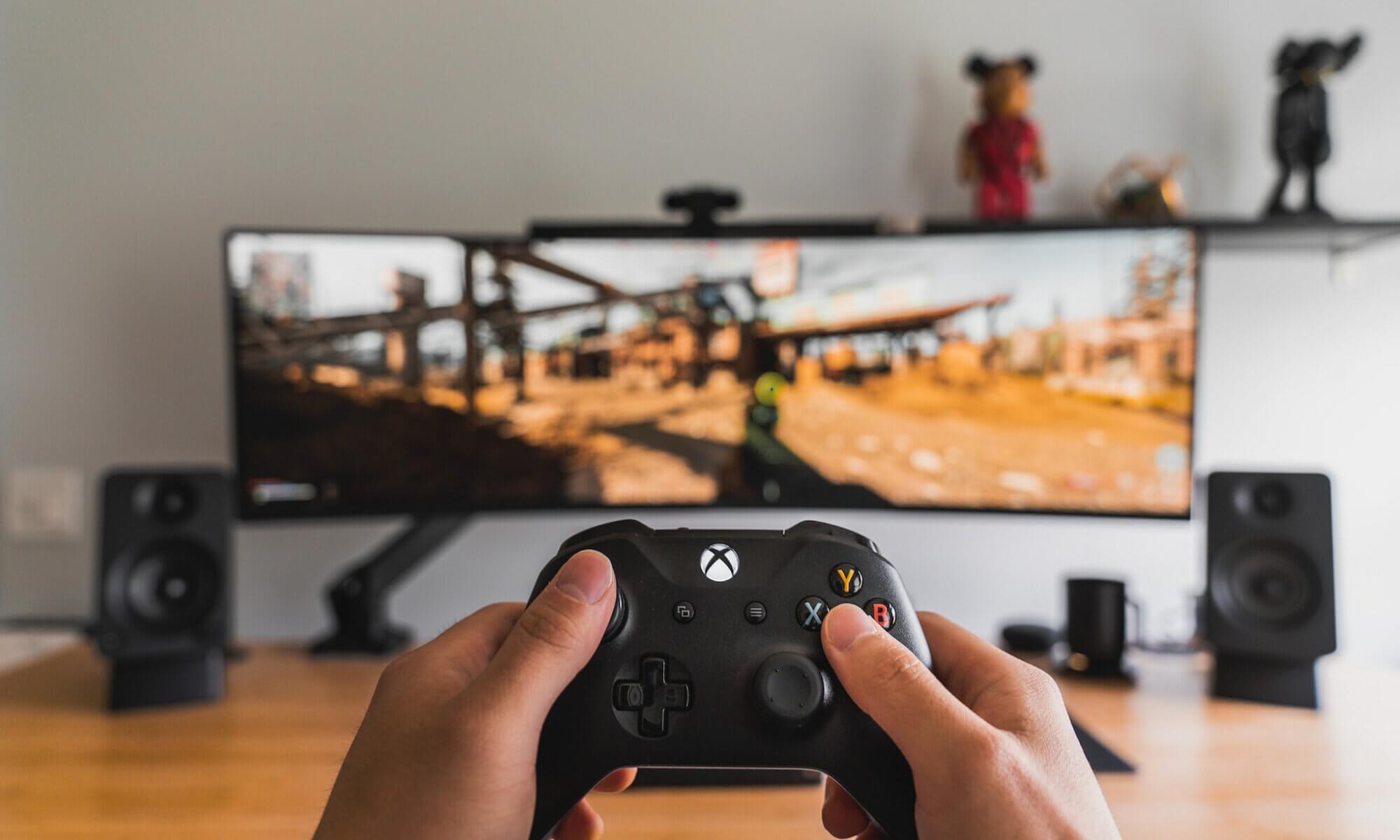Here, one may don the robes of a deity, stride into battle as a hardened warrior, or take up the mantle of a daredevil explorer. This realm, wrought from intricate lines of code, has spawned a sprawling, multi-billion dollar galaxy of entertainment, a testament to human creativity, stretching from the humble beginnings of Pac-Man to the spectacular depths of today’s MMORPGs.
However, a certain trepidation accompanies our fascination. For within the lustrous glow of our screens, a darkness has taken root. The lurking specter of video game addiction, a psychological Goliath, mercilessly feasts upon the compulsion to immerse oneself in these digital dreams, with a hunger that knows no bounds of age, gender, or societal standing. A quandary that transcends the individual psyche, this addiction wreaks havoc across physical, emotional, and societal terrains.
Brace yourself, for we are about to venture into the maelstrom of video game addiction. Navigating the convoluted psychology that fuels it, the maze-like causative factors, and the bouquet of remedies that offer a beacon of hope amidst this digital pandemonium.
The Gordian Knot Unraveled: Probing the Depths of Video Game Addiction The roots of video game addiction resemble a Gordian knot, complex and densely tangled. Each strand intricately interwoven into this web symbolizes an influential factor:
Psychological Longings: Video games, with their limitless universe and captivating tales, proffer a tantalizing salve for the psyche’s yearnings left unsatiated. Whether it’s an insatiable craving for triumph, a deep-seated desire for social interaction, or the need to escape from life’s relentless hardships, video games play the role of an irresistible balm.
The Digital Pub: In a manner akin to a cybernetic tavern, the environment fostered by multiplayer video games radiates a sense of belonging and fellowship. This potent cocktail of social engagement, when over-imbibed, morphs into an addictive brew.
Genetic Roulette: Adding an unexpected twist to this narrative, preliminary research suggests a genetic component to this addiction. Certain genetic indicators appear more prominently amongst those ensnared by this digital affliction.
Psychiatric Turmoil: Individuals wrestling with mental health disorders such as depression, anxiety, ADHD, might be more susceptible to succumbing to this addiction. Video games can act as a temporary refuge from their inner battles, subsequently resulting in overuse and addiction.
Routes to Salvation: Therapeutic Strategies for Video Game Addiction If we consider video game addiction as akin to other addictive patterns, an array of specialized treatments beckon to liberate the affected from the clutches of this digital narcotic:
Behavioral Engineering: Focusing on reshaping actions, behavioral therapy becomes an effective tool against video game addiction, fostering the development of healthier habits and routines.
Cognitive-Behavioral Therapeutics: This modality plunges deeper, targeting not merely the behavior but the cognitive processes behind it. It helps instill healthier attitudes and practices towards gaming.
Familial Harmonizing: Sometimes, underlying family dynamics subtly contribute to addiction. Family therapy can identify and rectify these patterns, serving as a valuable ally in the battle against video game addiction.
Pharmacological Intervention: In specific cases, pharmaceutical aid in the form of antidepressants or anti-anxiety drugs may be warranted. This approach can prove advantageous in managing co-existing mental health challenges that potentially exacerbate the addiction.
FAQs:
Is there a universal remedy for video game addiction? No magic bullet can instantaneously cure video game addiction. However, a strategic combination of effective management and therapeutic measures can keep it at bay.
What’s the typical duration for recovery from video game addiction? Recovery is not a race with a set finish line. The timeline is contingent on the severity of addiction, coupled with the individual’s willingness to change and accept assistance.
Does video game addiction have physical repercussions? Indeed, it can materialize as physical maladies like carpal tunnel syndrome, obesity, and improper posture.
The specter of video game addiction is proliferating, casting ominous shadows on individuals and families alike. To overthrow this foe, we must first decipher its intricate roots. Equipped with strategies such as behavioral therapy, cognitive-behavioral therapy, family therapy, and medication, we are armed to combat this digital phantom. If you or a loved one find yourself ensnared in its grasp, remember: aid is merely a phone call away.
